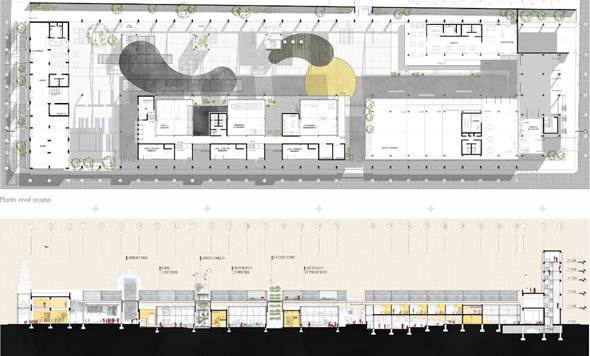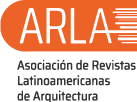System of flexible and sustainable structures aimed at training, formation and social entrepreneurship for the management of solid recyclable waste
DOI:
https://doi.org/10.51372/gacetatecnica232.4Keywords:
recycling waste, urban solid waste, waste treatment, recovery of urban spacesAbstract
In 2019, Barquisimeto produced approximately 21,147tn of solid waste monthly, 61.79% was registered in the landfill; 33.25% ended up in streets, informal dumps, rivers and streams, and only 4.97% was processed by private recycling companies. Under this scenario, new informal jobs were generated, registering up to more than 500 street waste collectors who provided urban solid waste (USW) to companies for processing, demarcating the social segregation of the city. Through this work, a new business model is proposed, with an urban and architectural intervention, for the comprehensive management of MSW. This infrastructure was configured through a Revitalization and Adaptation Plan for inoperative spaces or those in physical-urban conflict, with different scales of intervention. It was designed based on Plazos. In the first, collection devices were configured in highly polluted areas, through participatory design and cooperatives, achieving a generic model with adaptability; whose main task is to receive USW that can generate direct economic resources for the communities. In the second, after establishing and disseminating the system as a lucrative job, the network of devices is expanded and factories are included, creating specialized spaces for the treatment of USW in industrial areas and outskirts of the city. In the third term, the core of the system is projected, revitalizing and recycling a disused building; an interpretation center whose main function is to promote an environment for learning and training informal reclaimers
Downloads
References
Waste Atlas, "Interactive map with visualized waste management data", D-waste.com. Disponible en: http://www.atlas.d-waste.com/, 2022
Instituto Nacional de Estadística, INE, “Generación y manejo de residuos y desechos sólidos en Venezuela”, Instituto Nacional de Estadistica, Lara, Venezuela, 2019
K. Lynch, "Wating Away. An exploration of Waste ", San Francisco: Sierra Club Books, 1991, Traducido al español: G. Gill, "Echar a perder. Un análisis del deterioro", Barcelona. España., 2005

Published
How to Cite
Issue
Section

This work is licensed under a Creative Commons Attribution-NonCommercial-ShareAlike 4.0 International License.
The opinions expressed by the authors do not necessarily reflect the position of the editor of the publication or UCLA. The total or partial reproduction of the texts published here is authorized, provided that the complete source and electronic address of this journal is cited. Authors have the right to use their articles for any purpose as long as it is done nonprofit. The authors can post on the internet or any other media the final approved version of their work.






.png)




